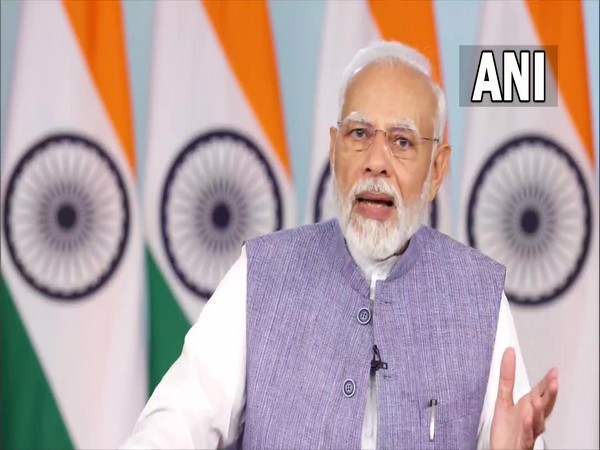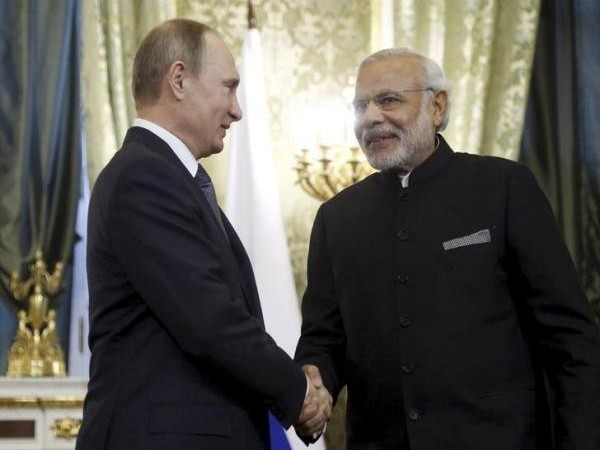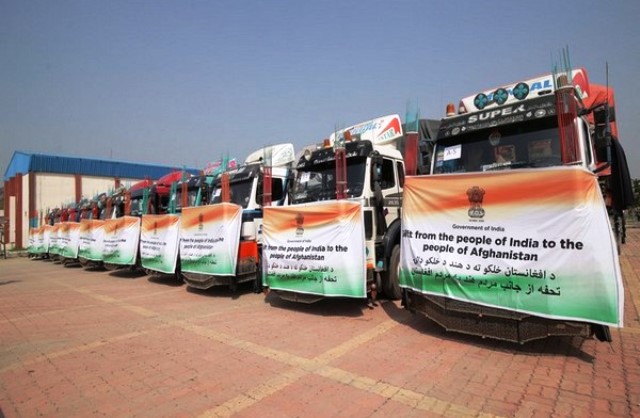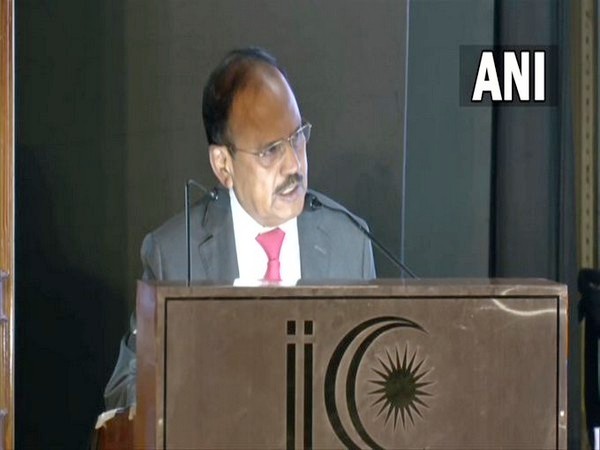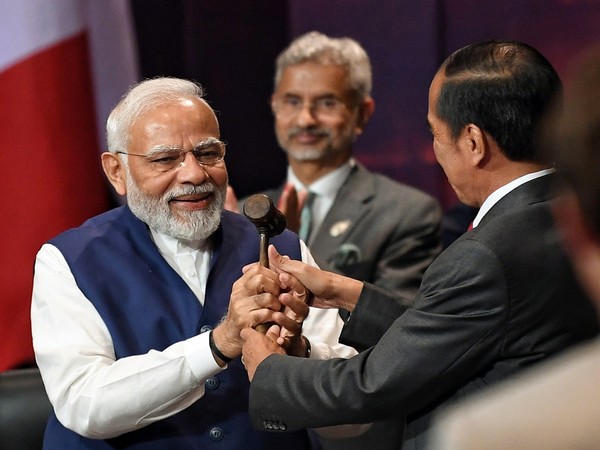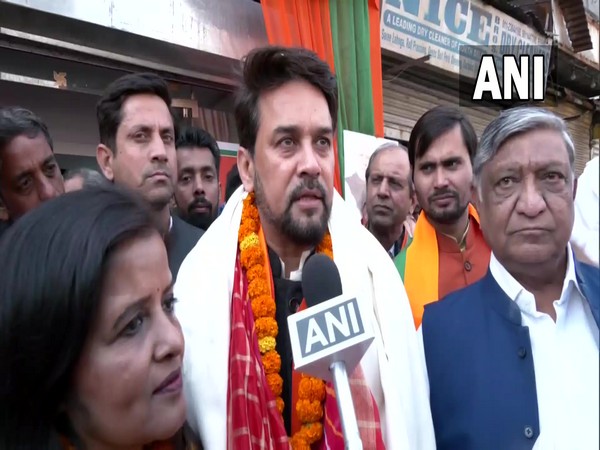The Dravida Munnetra Kazhagam (DMK) has told the Supreme Court that the Citizenship (Amendment) Act of 2019 is “arbitrary” as it only considers religious minorities from three countries while keeping Sri Lankan Tamils staying in India as refugees.
The Central government has “categorically remained silent to the plight of the Tamil refugees. Step-motherly behaviour of Respondent No.1 (Centre) towards the Tamil refugees has left them living in constant fear of deportation and an uncertain future,” stated the affidavit filed by DMK.
The DMK said that CAA is “arbitrary” as it relates to only three countries — Pakistan, Afghanistan and Bangladesh and confines to only six religions — Hindu, Sikh, Buddhist, Jain, Parsi and Christian Communities and expressly excludes Muslim religion.
Filing an affidavit before the Supreme Court in its plea challenging the CAA, DMK said that even while considering religious minorities, the Centre keeps such Tamils of Indian origin who are presently staying in India as refugees after fleeing from Sri Lanka due to persecution.
The Act is “against Tamil race” and keeps out the similarly placed Tamils who are residing in Tamil Nadu from the purview of the Act, it said.
“The impugned Act ignores the reality that for several decades Tamil refugees who have settled in Tamil Nadu are deprived of fundamental rights and other rights due to non-citizenship and due to non-naturalisation and the impugned Act does not provide for any reasons to exclude them,” stated the affidavit filed by organising secretary RS Bharati, the governing party of Tamil Nadu.
“Being stateless, they have been denied employment in the government services or in organised private sectors, the right to hold property, right to vote, enjoyment of government benefits received by the citizens and others despite there being an agreement for the same,” it added.
Due to such an ambiguity, they are forced to stay in camps where they are often exploited having no prospects of security in future, said the DMK in its affidavit.
“The lack of jobs, access to basic rights and amenities has left these refugees handicapped and distraught. These refugees who arrived at the country of their origin i.e. India with the hope that the Indo-Sri Lankan agreements will protect them from the ensuing persecution so that they could have brighter futures, discrimination-free environments, and better standards of life are now in a far worse state than before. The requests for citizenship by these Tamil refugees who have spent years in refugee camps have fallen on deaf ears of the Centre,” it added.
It said that the reasons for their fleeing from Sri Lanka have not changed as many displaced persons escaped their country due to the large-scale violence and unsafe circumstances and came to India hoping for a better future.
The party has also said that the Act introduces a completely new basis for the grant/non-grant of citizenship on the grounds of religion, which “destroys the basic fabric of secularism”.
The Act deliberately keeps away Muslims who had suffered persecution in the six countries and therefore it is highly discriminatory and manifestly arbitrary, said DMK.
At least 220 petitions against the CAA were filed before the top court.
The CAA was passed by Parliament on December 11, 2019, and it was met with protests all across the country. It came into effect on 10 January 2020.
A Kerala-based political party Indian Union Muslim League (IUML), DMK, Trinamool Congress MP Mahua Moitra, Congress leader and former Union minister Jairam Ramesh, All India Majlis-e-Ittehadul Muslimeen (AIMIM) leader Asaduddin Owaisi, Congress leader Debabrata Saikia, NGOs Rihai Manch and Citizens Against Hate, Assam Advocates Association, and law students, among others, had filed pleas before the top court challenging the Act.
In 2020 Kerala government had also filed a suit in the apex court becoming the first state to challenge the CAA.
The law fast-tracks the process of granting citizenship to Hindus, Sikhs, Buddhists, Jains, Parsis and Christians who fled religious persecution in Afghanistan, Bangladesh and Pakistan and took refuge in India on or before December 31, 2014.
The top court had earlier issued notice to the Centre and refused to pass an interim order staying the law without hearing the Centre.
The Centre had filed its affidavit before the apex court saying that the CAA Act is a “benign piece of legislation” which does not affect the “legal, democratic or secular rights” of any of the Indian Citizens.
The CAA does not violate any fundamental right, the Centre had said while terming the legislation legal and asserted that there was no question of it violating constitutional morality.
The petitions contended that the Act, which liberalises and fast-tracks the grant of citizenship to non-Muslim migrants from Pakistan, Bangladesh, and Afghanistan, promotes religion-based discrimination.
The amendments have also been challenged on several other grounds, including violation of secularism, Articles 21 (right to life), 15 (prohibition of discrimination on grounds of religion, race, caste, sex or place of birth) and 19 (right to freedom), as well as provisions on citizenship and constitutional morality.
The 2019 Act amended the Citizenship Act, 1955, which makes illegal migrants eligible for citizenship if they (a) belong to the Hindu, Sikh, Buddhist, Jain, Parsi or Christian communities, and (b) are from Afghanistan, Bangladesh or Pakistan. It only applies to migrants who entered India on or before December 31, 2014. As per the amendment, certain areas in the Northeast are exempted from the provision. (ANI)
Read More: https://lokmarg.com/
